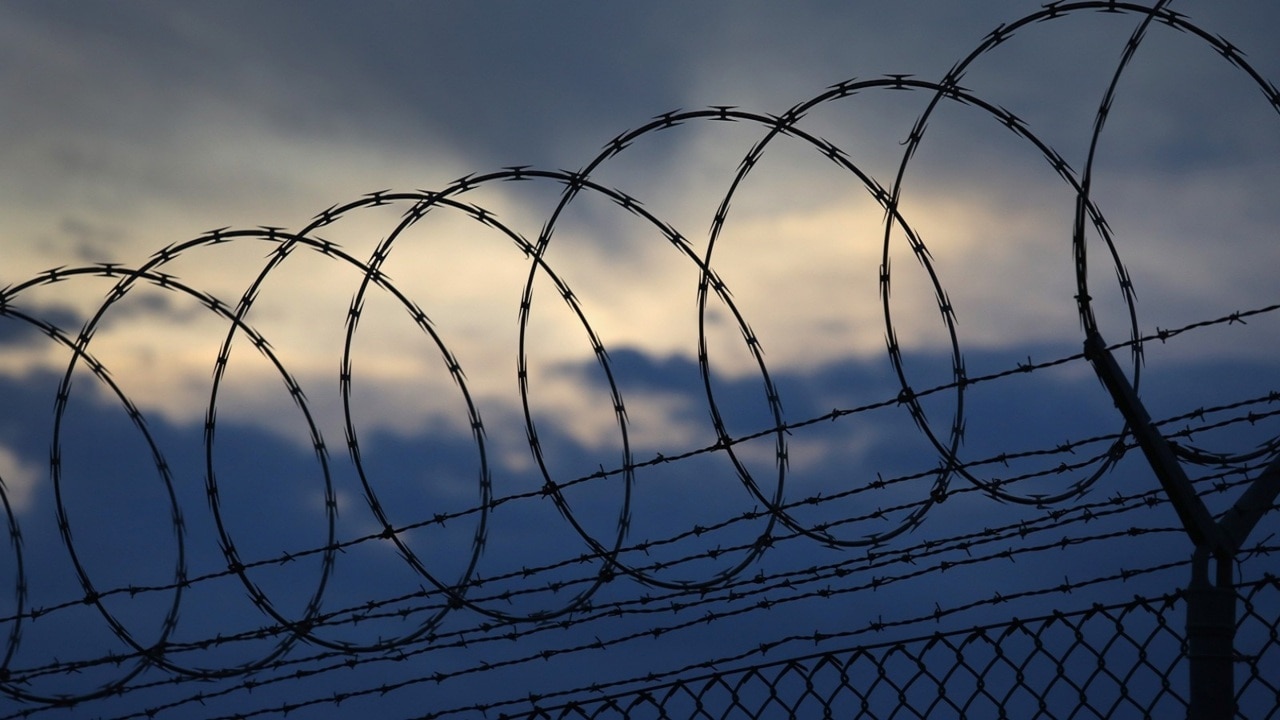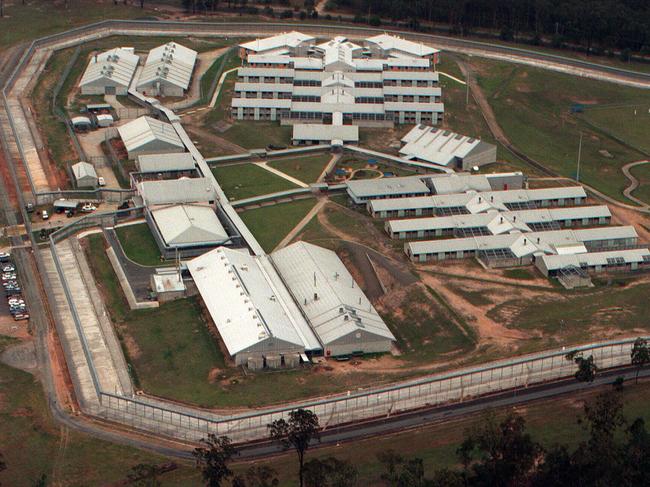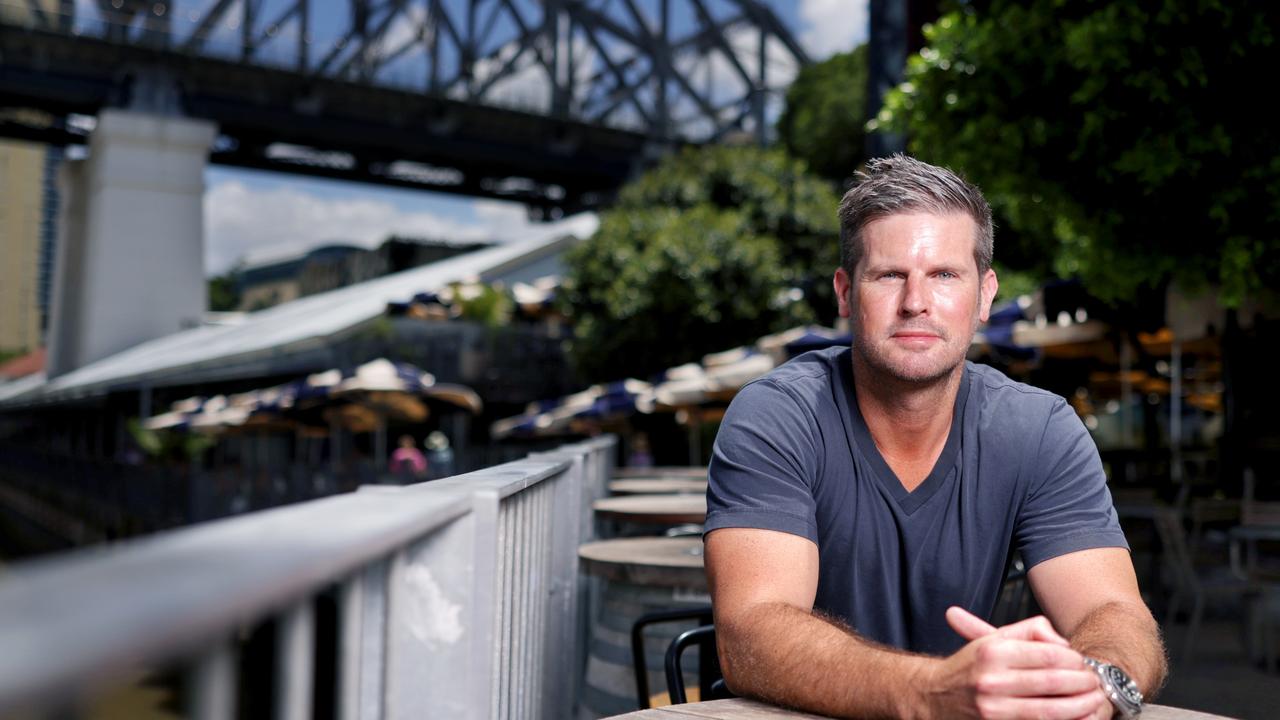Offences that won’t attract jail sentences under Qld plans
Certain type of offences may no longer attract jail time as the Queensland Government tries to avoid having to build new prisons.

QLD Politics
Don't miss out on the headlines from QLD Politics. Followed categories will be added to My News.
DRUG abusers and fine dodgers could sidestep jail under reforms being considered by the State Government to avoid the cost of building new prisons.
Treasurer Jackie Trad last night confirmed the Government had rejected a controversial Queensland Productivity Commission recommendation to decriminalise drugs but would consider the use of more diversionary methods for small-time users.
Increase in prisoners let out of state’s overcrowded jails
Fears over prisoners getting access to bulk medical supplies
New 1000-bed jail to be built to ease prison overcrowding, increase access to drug rehabilitation
The commission’s 516-page report into imprisonment and recidivism, due to be released today, warned the state’s prison population was exploding and the Government would have to spend $3.6 billion over the next five years to increase the capacity of its correction facilities.
The report found each prisoner cost taxpayers $111,000 in direct costs and a further $48,000 a year in indirect costs and drug users made up an increasing percentage of the prison population.
It recommended moving away from a criminal approach to drug use and devolving responsibility to indigenous communities to curb the high rates of incarceration among Aboriginal and Torres Strait Islander people.
“These reforms, if adopted, could reduce the prison population by up to 30 per cent and save around $270 million per year in prison costs, without compromising community safety,” the report states.
Ms Trad said the commission’s proposal for the wholesale decriminalisation of illicit drugs was off the table.
But the Government would consult experts about ways of expanding sentencing options so few people who commit minor drug and traffic offences went to jail.

“People who commit serious crimes should go to jail – no questions asked,” she said.
“But given the cost of keeping prisoners in prison, we need to examine whether that is the best option for people who repeatedly fail to pay fines, or are repeatedly arrested with small amounts of drugs for personal use.
“That’s especially true if that prison sentence pushes a small-time offender towards a life of more crime, rather than rehabilitation.”
The commission report found Queensland’s per-head prison population had increased over 160 per cent since 1992, and credited improved police detection methods and tougher justice policies for the rapid rise.
It predicted if the growth rate continued, Queensland would need capacity for an additional 4200 inmate within the next five years.
While the Government had to weigh the cost of this rise, Ms Trad insisted community safety was the top priority.
“But before we spend another $3 billion on prisons, we need to be absolutely certain doing so is the best way to make Queenslanders safer,” she said.


